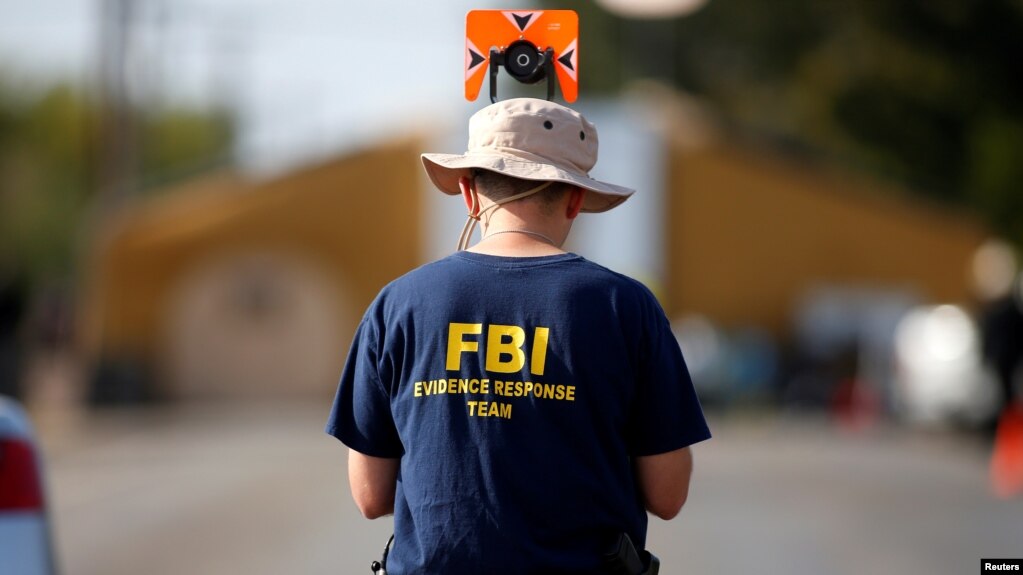
China’s quantum satellite launched from Jiuquan, August 16th – Reuters/China Daily
❝ A few days ago, China launched the world’s first quantum satellite. So what exactly does this mean?
“The satellite is designed to establish ultra-secure quantum communications by transmitting uncrackable keys from space to the ground,” Xinhua, China’s state news agency, wrote after the equipment was launched on a rocket from the Gobi desert. “It could also conduct experiments on the bizarre features of quantum theories, such as entanglement.”…
❝ Most human technology is built around the classical physics that Isaac Newton and his inheritors came up with…When engineers hit on electricity…they perceived it in aggregate as a kind of a force; it’s either on, or it’s off. This understanding led to electric switches, which became transistors, and when you put all those transistors in a box and start turning them off and on with instructions encoded “11010001101”… it’s a computer.
But as scientists were developing electric computers in the 20th century, theorists beginning with Max Planck were ripping up the rule books. Their experiments with light suggested that something about classical physics didn’t quite add up. Soon they developed mathematical proofs to explain that the tiny particles that make up matter — protons, neutrons, and electrons — don’t necessarily behave like you would expect particles to behave. They can act as if they are in two plac es at once, for instance…This is quantum theory. The first and most famous application of these ideas came in nuclear weaponry and energy.
Physicists are still trying to agree on how classical and quantum physics come together coherently. But quantum theory already underlies a lot of modern technology; the transistors on a silicon chip, in fact, wouldn’t work without it. Now engineers are trying to apply it to more futuristic things…
❝ Scientists have done experiments with quantum teleportation already. They have instantaneously exchanged information about the quantum states of photons, which are particles of light, transmitted 143 km between two of the Canary Islands.
But testing quantum teleportation at extremely long distances requires going to space. It’s the easiest way to set up laser communication between two distant points on the earth’s surface. That’s what the Chinese satellite, developed in cooperation with the Austrian Academy of Science, intends to do.
❝ Besides demonstrating a super-long entanglement, the scientists working with the satellite want to test new communications technology…This is where the unbreakable code comes in…
❝ It may be easy to see in this shades of the Cold War race for technological dominance, but Spiros Michalakis at CalTech is confident that research will be shared within the scientific community. His hope is that this experiment is the first step toward a global network of research facilities sharing access to entangled particles beamed down from space—a kind of global, cloud-based quantum computer.
At the moment, though, it’s China that looks like the pacesetter.
I expect China’s scientists will share the main body of their research. It’s only human to expect the leading edge bits and pieces may be held aside as processes and experiments are worked out. Completed experiments will be published for peer review. That’s where science is moved forward – along with specialized conferences and convocations. Conservative steps tread the stairways of real science.
OTOH, do I think White House and Pentagon eggheads and Congressional know-nothings will start to panic over a “Quantum Gap”? You betcha!








